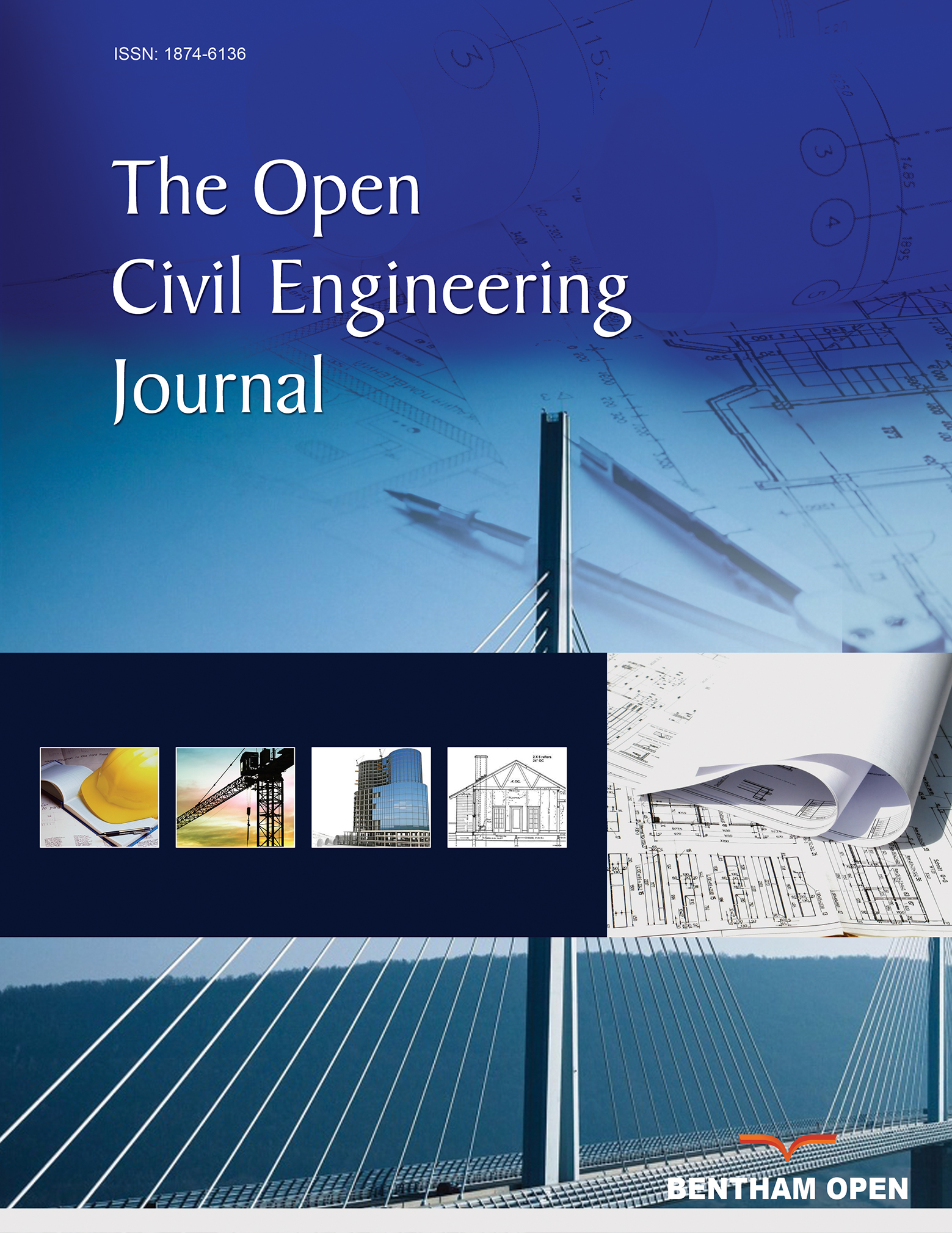All published articles of this journal are available on ScienceDirect.
Machine Learning Techniques Evaluating Housing Projects Performance
Abstract
Background
Despite developments in the construction industry and construction projects, performance optimisation remains a critical need. Accurately estimating and measuring performance is essential for effective planning and cost forecasting. This study addresses the significant housing shortage in Iraq by assessing the performance and productivity of construction teams on residential housing projects.
Methodology
Two machine learning techniques were applied—multiple linear regression (MLR) and support vector regression (SVR). Sixty datasets from different housing projects in Baghdad and central Iraq were analysed. Seven datasets were allocated for validation. Models were evaluated using measures including mean square error (MSE), root mean square error (RMSE), mean absolute error (MAE), correlation coefficient (R), and coefficient of determination (R2).
Results
Multiple linear regression outperformed support vector regression, showing lower prediction errors and stronger correlations with actual values.
Conclusion
These results provide valuable insights into construction productivity, expressed in labour hours per square metre of built area. They enable experts to accurately estimate task duration, supporting accurate cost estimation and effective project planning. This contributes significantly to meeting the demand for housing units due to population growth.


